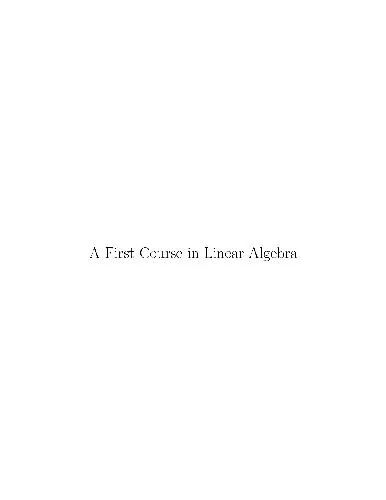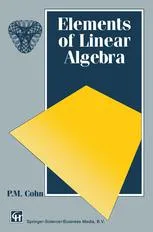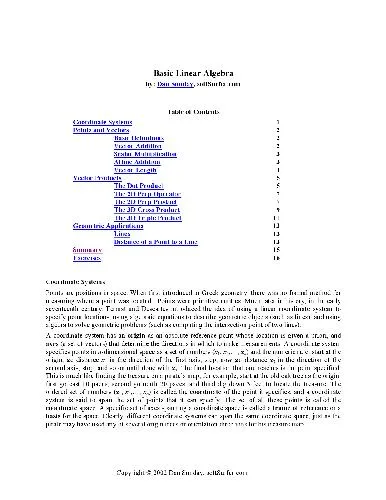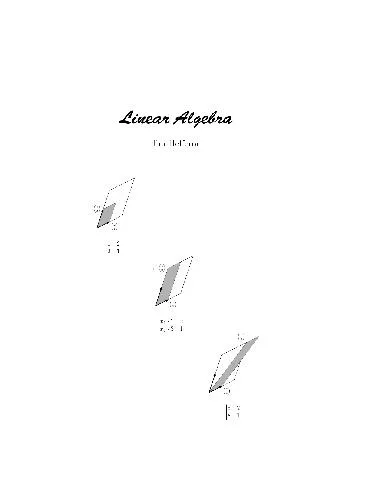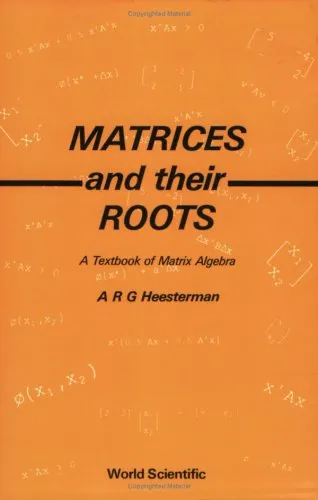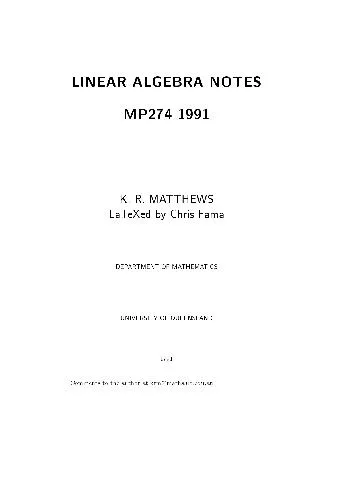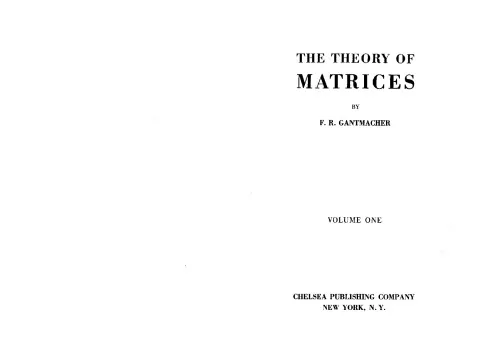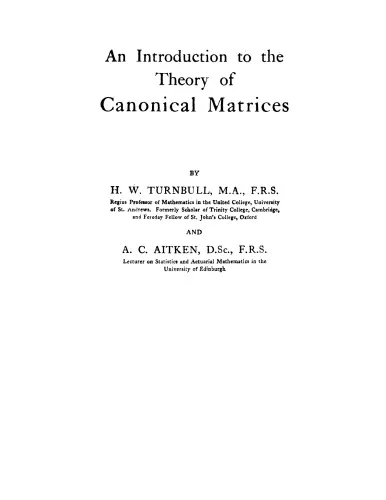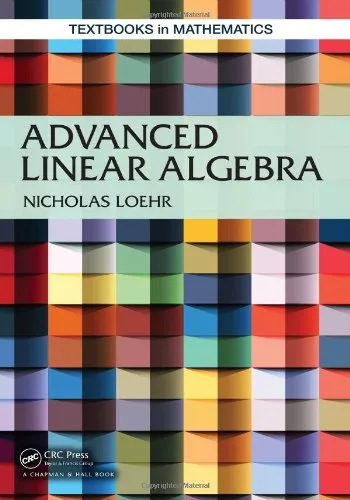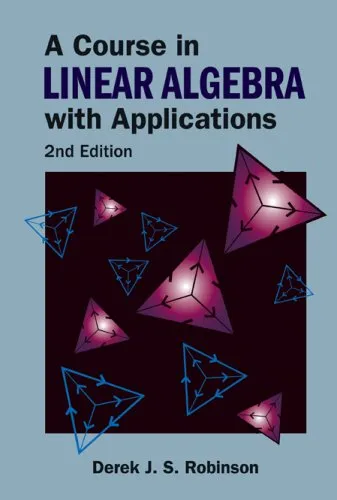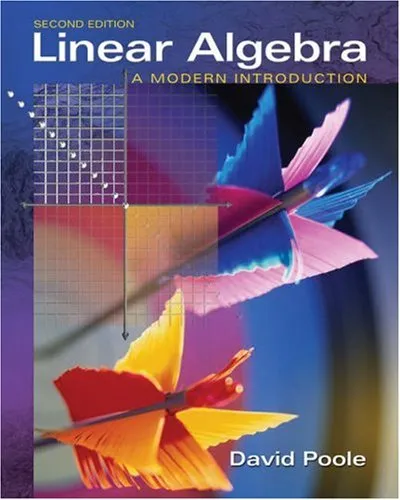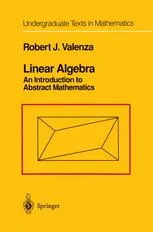A First Course in Linear Algebra [GFDL
4.7
Reviews from our users

You Can Ask your questions from this book's AI after Login
Each download or ask from book AI costs 2 points. To earn more free points, please visit the Points Guide Page and complete some valuable actions.Related Refrences:
Welcome to a comprehensive introduction to the book "A First Course in Linear Algebra [GFDL]," an essential resource for students and educators alike who are delving into the vast world of linear algebra. This book provides a clear, approachable pathway to understanding some of the most significant concepts in mathematics.
Summary of the Book
Linear algebra is the backbone of many areas in mathematics and its applications can be found in various domains, including engineering, physics, computer science, and statistics. "A First Course in Linear Algebra [GFDL]" embarks on a journey to unravel the complexities of this subject, offering a structured exploration that balances theory with practical applications. The book begins with the fundamental notions of vectors and matrices, followed by the intricate workings of linear transformations. Subsequently, it delves into the topics of vector spaces and eigenvalues, all the while maintaining clarity and rigor.
Each chapter is designed to build upon the previous one, ensuring a cohesive and logical progression. Exercises and examples are plentiful, helping to reinforce the material and provide a robust understanding of how linear algebra can be applied in real-world situations. By the end of this book, readers not only grasp the theoretical aspects of linear algebra but also gain confidence in applying their knowledge to solve complex problems.
Key Takeaways
One of the crucial takeaways from this book is the nuanced understanding of linear transformations and matrix theory. Readers learn how these concepts form the foundation for more advanced studies in mathematics and engineering.
Another important takeaway includes the ability to comprehend and apply eigenvalues and eigenvectors, crucial for solving differential equations and in the field of computer graphics.
The book also emphasizes the significance of understanding the geometric interpretations of linear algebra concepts, thereby facilitating a more profound assimilation of abstract ideas through visual and practical insights.
Famous Quotes from the Book
Here are a few thought-provoking quotes that capture the essence of the book and linear algebra:
“Linear algebra is the language of modern science and technology. It provides the scaffolding necessary to build our understanding of mathematics in a systematic manner.”
“Understanding eigenvalues and eigenvectors is less about the computations and more about grasping the profound relationship they have with transformations and the stability of systems.”
Why This Book Matters
"A First Course in Linear Algebra [GFDL]" holds significant importance in the academic and professional realm. Its well-structured approach to teaching linear algebra makes it accessible to beginners while still being sufficiently detailed for more advanced learners. The inclusion of numerous examples and exercises facilitates active learning, promoting a deeper understanding through practice and application.
This book is especially valuable for its ability to transform abstract mathematical theories into relatable concepts that are applicable in real life. Whether you're studying physics and require a strong mathematical foundation or are venturing into data sciences and need to understand machine learning algorithms, linear algebra is indisputably vital.
Furthermore, this book contributes to the democratization of education as it is authored under a free license, ensuring that knowledge about linear algebra can be widely disseminated without the barriers of cost. The open discourse promoted by such resources allows for continuous improvement and adaptation in the curriculum, benefitting future generations of learners.
In essence, this book is not just a means to an academic end but a gateway to a deeper comprehension of a field that is critical in the advancement of technology and science today.
Free Direct Download
You Can Download this book after Login
Accessing books through legal platforms and public libraries not only supports the rights of authors and publishers but also contributes to the sustainability of reading culture. Before downloading, please take a moment to consider these options.
Find this book on other platforms:
WorldCat helps you find books in libraries worldwide.
See ratings, reviews, and discussions on Goodreads.
Find and buy rare or used books on AbeBooks.
